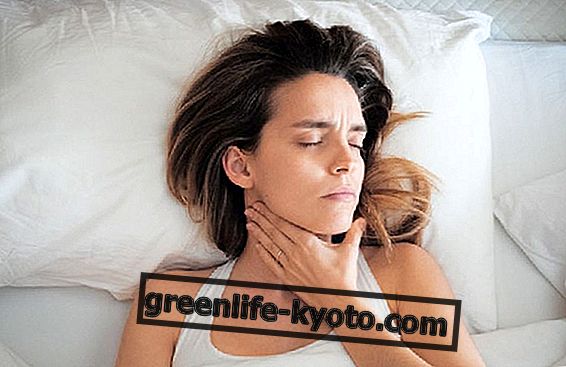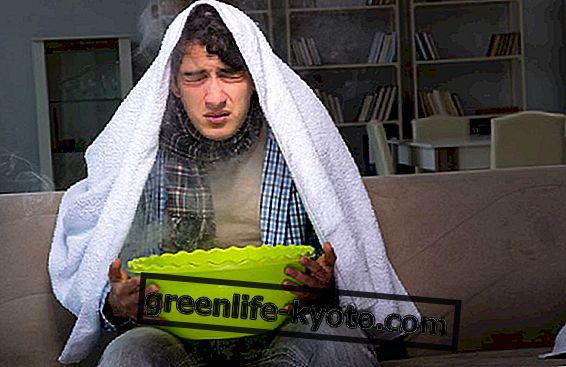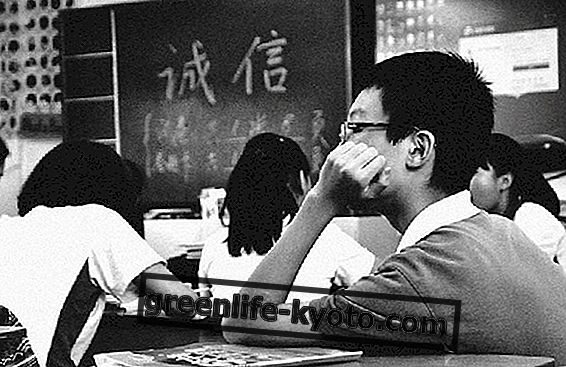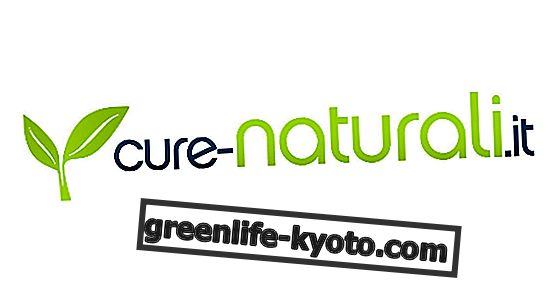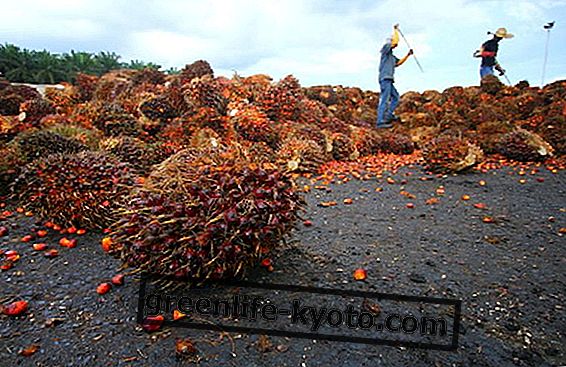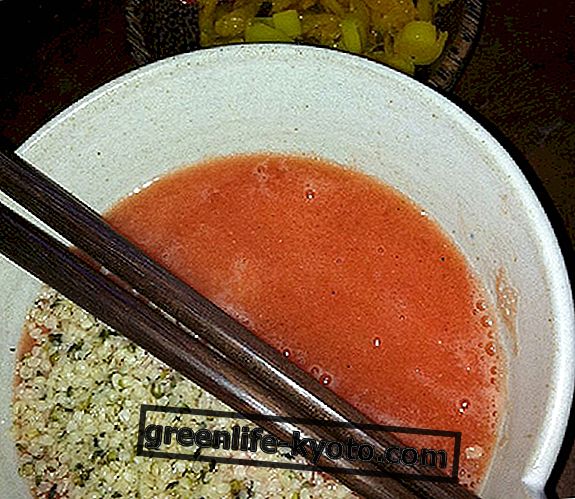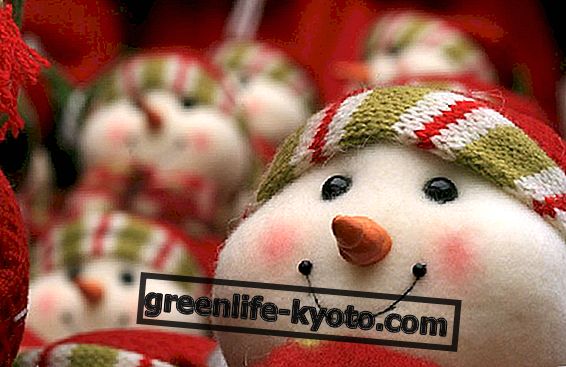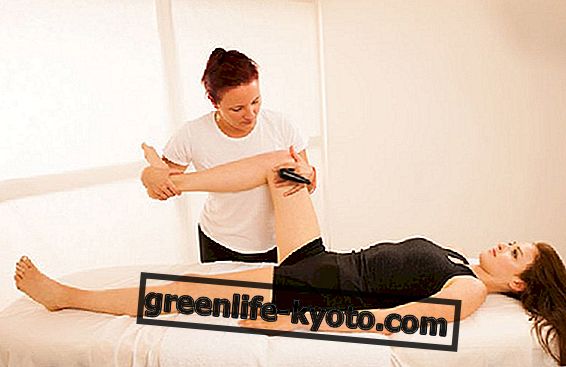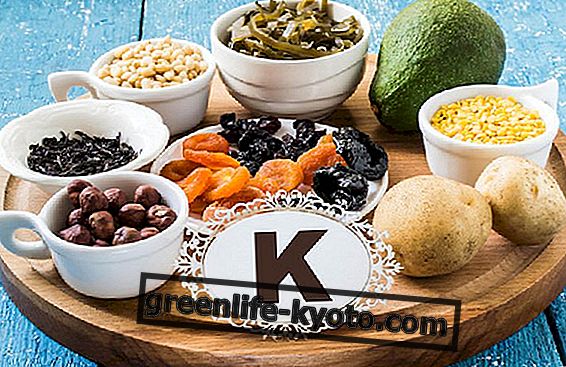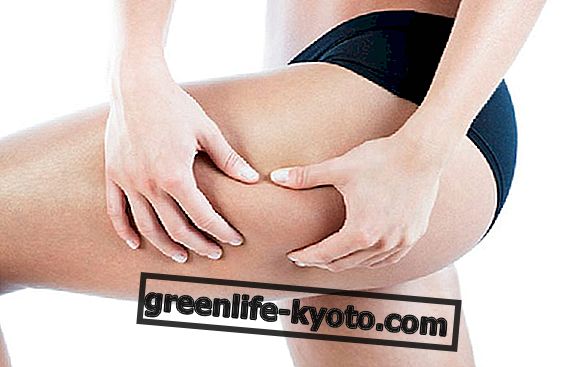Feng Shui can be considered as habitat medicine . An ancient Chinese art in which housing space is used in relation to ancient knowledge handed down by philosophy and ancient Chinese medicine. Let's find out better.

What is Feng shui
Literally, Feng Shui means " wind and water ", elements of nature in an apparently dual relationship, in terms of movement and stillness. Your home is considered like a biological organism, a person alive and full of vital energy, called Qi.
Every part of the house with Feng Shui (from the rooms, to the furnishings, to the objects) vibrates with energy that interacts and involves everything that stops inside it, therefore, in particular, the one who lives there. Therefore the choice of spaces, the position of the furniture, the color of the walls and so on becomes very important, according to precise rules and symbols of Feng Shui.
The main purpose of Feng Shui is therefore to create a living environment that can stimulate and maintain the physical, mental and social well-being of those who occupy it.
The benefits and contraindications
An interesting aspect considered by some schools of Feng Shui is the precise correlation between the typological characteristics of the people who live in the house and the choice of the use of spaces, furnishings and furnishings that is established taking into account precise energy relationships. These are based on the dominant element (water, air, fire, wood, metal) to which the individual belongs at the constitutional level.
By intervening in the home environment, it is therefore possible to improve family relationships and other aspects of life such as work, money, success, study and love. Taking care of the space in which the disturbed or sick person dwells means first of all observing and therefore recognizing the unfavorable aspects of the house (when he is a patient, the room in which he rests) and then applying solutions capable of lightening the disease processing process, favoring healing .
As with traditional Chinese medicine, even for Feng Shui the assumption is that each individual is composed of at least two bodies: the physical and the spiritual, in its components of Yin and Yang . According to Feng Shui, the most particular places of the house are the bedroom and the kitchen : just as the hours of sleep are the most important to guarantee a state of good health, so the food for Feng Shui affects the quality of our power.
For those who use Feng shui
Feng Shui is indicated for creative people, willing and willing to change. Subjects who want to immerse their person and their home in a geometry of natural energies. Practicing Feng Shui involves performing actions over time, to be calculated according to the patient's ability to set short, medium or long-term goals.
A single day is not enough to change the climate of an environment, but normally it takes at least fifteen before you can enjoy the benefits of even a minimal change of a room, such as moving the bed. If the subject is able to participate in the re-design of the room, the same activity will start the relational involvement.
A good start is to eliminate the so-called clutter, or the clutter of unwanted objects that create disorder in our home. But not only: the use of Feng Shui in the office is also effective, a place where you spend many hours of the day, where you can enhance creativity and planning, mitigating work stress.
Who is and what does the Feng Shui consultant do?
History of Feng Shui
The first transcripts of Chinese geomantic rules date back to 600 AD . The art has been perfected in 3000 years of application at all levels, before Mao Tze Tung forbade its use and transmission (although it seems that he himself resorted to the precepts of Feng Shui) and still in China he is subject to many restrictions. Recently, Feng Shui has seen a new glory here in the West, to the point that today the Master F eng Shui are a highly sought-after professional figure and have diversified skills.
In fact, they are experts able to harmonize different environments according to the request, ranging from those who may want a Feng Shui office, a Feng Shui house or a Feng Shui bathroom. In China, the traditional balance between builders and Taoist followers of Feng Shui today is a rupture, so much so that there is a need for a specific entity, an organization that regulates the practice, possibly of governmental emanation.
Curiosity
Until last year, if the Taoists declared that a road or a certain building disturbed the flow of energy, the controversy has always been resolved more or less peacefully. It happened later that the head of a village demanded serious compensation for the planned construction of a high-speed rail line between Hong Kong and Guangzhou. Last October, the government declared that since 2000, to silence the Taoists followers of Feng Shui offended and damaged by urban development, about 9.4 million in Hong Kong dollars (1.2 million in dollars USA). Alongside these heavy exits, there are doubts about the professional seriousness of Feng Shui masters who come to ask from 400 to 40, 000 local dollars to distribute energy in a 55 square meter apartment.
